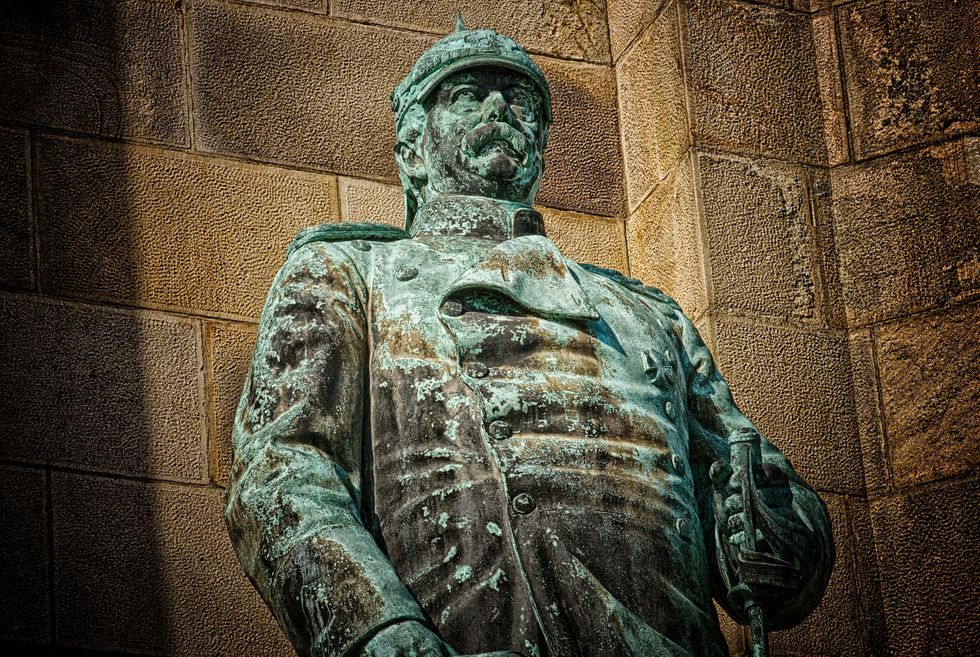Otto von Bismarck rose to power as Minister President of Prussia, a powerful state in Europe, after disagreements between the Diet and King Wilhelm I. Soon afterwords, Bismarck would change the face of European politics by weakening Austria through the Seven Weeks War, weakening France in the Franco-Prussian War and most importantly, forming a unified German nation.
After the unification movement, Bismarck felt that another conflict in the European continent would harm the security of the newly formed nation. A military alliance known as the Triple Alliance that comprised of Germany, Austria and Italy was formed to alleviate those concerns. If any member of the Alliance was to be attacked, then the other nations in the agreement would help the attacked nation. Bismarck, who was known for his pragmatic decision making, created a secret agreement known as the Reinsurance Treaty which allowed Russia to be allied with Germany. France, Germany's rival at the time, was busy in a race with Britain to annex as many colonies as it could.
Bismarck was careful to not create any major issues by viewing overseas colonies as a hassle to the health of the Germany nation rather than a benefit. Bismarck believed that having colonies would create stress on the government infrastructure and too much money to maintain. However, Bismarck reversed his position as another major example of his pragmatism by slowly gaining various colonial possessions.
During Bismarck's leadership, King Wilhelm I died which led to the rise of Wilhelm II as the new King of Germany. Unlike Wilhelm I, Wilhelm II was very untrustworthy of Bismarck. Wilhelm II wanted a rapid expansion to Germany's colonial and naval power in order to gain a "place in the sun." As a result, Bismarck was fired from his position and replaced by Leo von Caprivi. The action was famously depicted as a cartoon with Bismarck leaving a ship that he "captained" as its leader. The intricate alliance system that Bismarck built soon cracked as Russia left the alliance and allied with France. Wilhelm II then decided to start a naval race with Britain that caused rising tensions between the two nations. It has been argued that Wilhelm's firing of Bismarck and his various aggressive actions with Britain fueled the start of World War I.











































